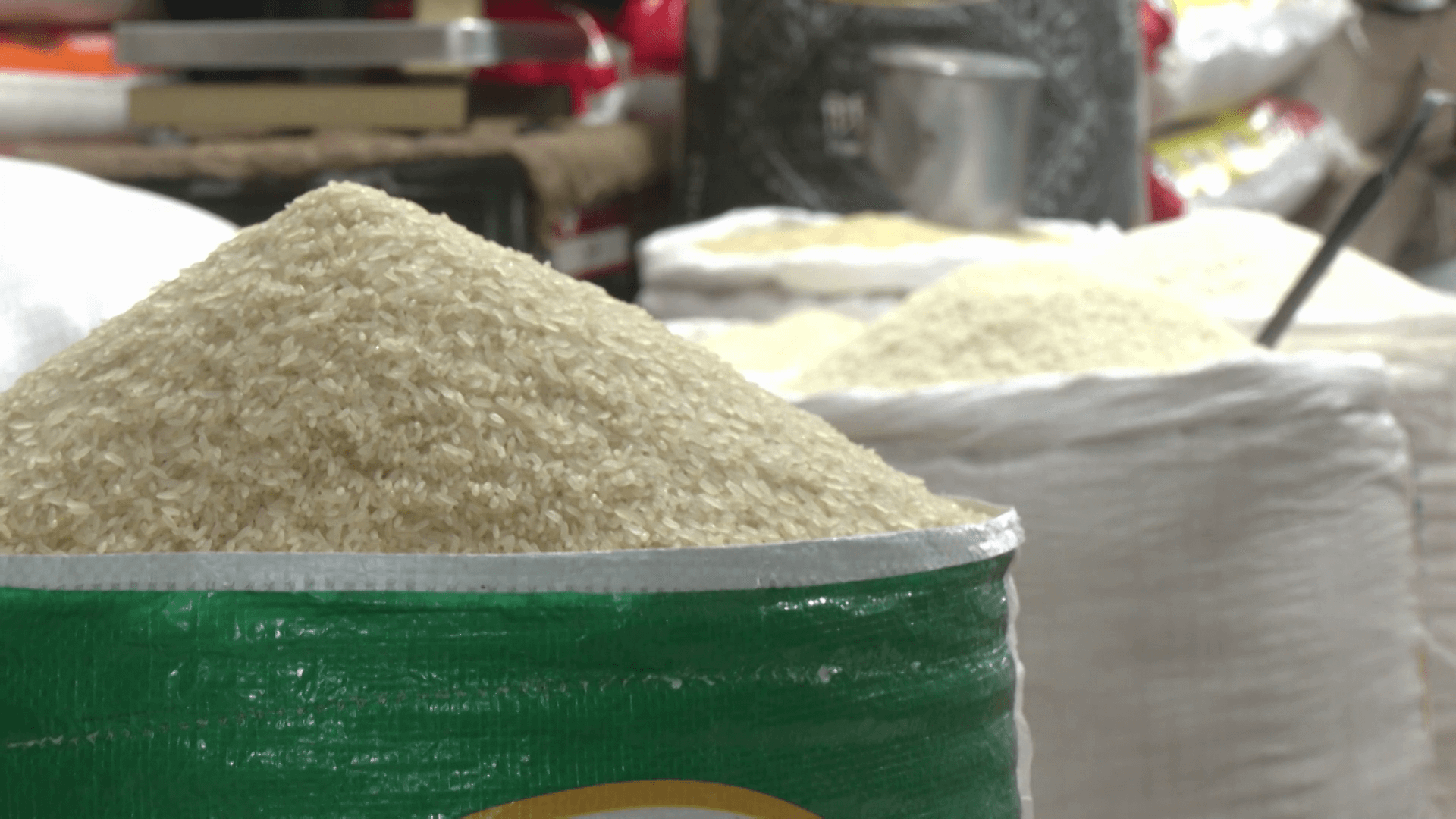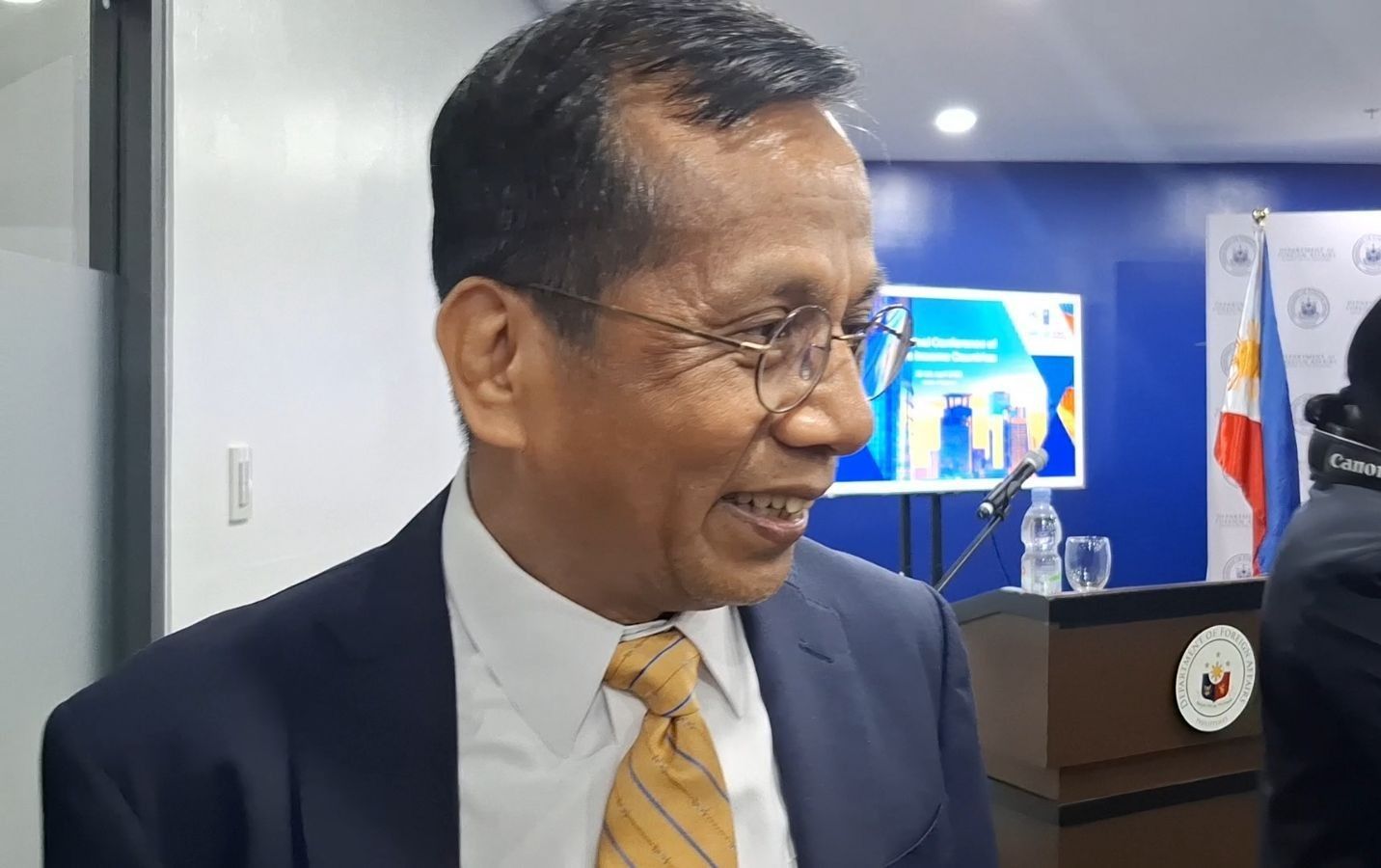Tags
Tinubu’s food security and Nigeria’s rice production

About two weeks ago, the Federal Government took a bold step towards ensuring that hunger in Nigeria is fixed. In this regard, the government recently declared a state of emergency on food security. The move was to check the looming food shortage, occasioned by low agricultural production fueled by instability.
Mr Dele Alake, the Special Adviser to President Ahmed Bola Tinubu on Special Duties, Communication and Strategy, who made the announcement at a news conference, said the decision was taken in response to inflation and the inability of citizens to afford basic food items.
President Tinubu, according to Mr Alake, had directed that all matters pertaining to food and water availability and affordability be included within the scope of the National Security Council. He equally ordered the immediate release of fertilizers and grains to farmers and households to mitigate the effects of the subsidy removal.
Alake said the government would deploy savings from the subsidy phase-out to revamp the agricultural sector in the coming weeks. “We shall create and support a national commodity exchange board that will review and continuously assess food prices as well as maintain [the] strategic food reserve that will be used as [a] price stabilization mechanism for critical grains and other food items,” he noted.
The adviser also said the authorities would boost the security architecture to protect farmers, adding that the Ministries of Agriculture and Water Resources would work together to guarantee irrigation for farmers, to produce food all year round. Without mincing words, the state of emergency on food security is the best thing that can happen to Nigeria now.
The President has taken a step in the right direction; he got it right as far as taking a courageous step towards restoring the glory of the country’s agricultural sector is concerned. It is regrettable that a sector that was the mainstay of Africa’s largest economy a few decades ago is now gasping for breath.
From 1960 to 1969, the lucrative agro sector was in a league of its own. It accounted for an average of 57 per cent of the nation’s Gross Domestic Product (GDP) and generated 64.5 per cent of export earnings. Then things began to fall apart as the contribution to the GDP and export earnings steadily declined from 1970. This was because Nigeria’s focus shifted to petroleum exploration.
I am certain that President Tinubu has the capacity to provide therapy for our fragile economy. As a journalist committed to advocating for a robust agricultural sector, I advise him to go beyond declaring only a national emergency on food security and accord priority attention to maximizing rice production capacity.
Nigeria is the largest producer of rice (paddy) in Africa, with an average production volume of 8 million metric tonnes. As of 2019, the country ranked as the 14th largest producer of rice in the world. Again, as of 2019, Africa had a total production volume of 14.6 million metric tonnes. Nigeria and Egypt produced about 55% and 30% of the capacity, respectively.
Ravaging insecurity, climate change, farmers’ low capital, and flood, among others, threaten rice production but cannot compete with the reckless activities of rice smugglers. In April, the Rice Processors Association of Nigeria, RIPAN, raised the alarm that the illegal importation of rice persists despite the federal government’s interventions.
Andy Ekwelem, Director General of RIPAN, noted that due to the fact that rice is a popular staple food, and because smugglers take rice to be an A-rated trade item, they brazenly smuggle million tons of packaged rice from India, Thailand and other southeast Asian countries from Benin Republic, Niger Republic and Cameroon to Nigeria.
If the lofty goals of Tinubu’s state of emergency declaration on food security must be achieved, the federal government must swiftly tackle rice smuggling. The administration of former President Muhammadu Buhari formulated and implemented laudable policies to boost rice production which the Tinubu administration should consolidate.
It should also design and launch effective policies and programmes that will further strengthen and sustain Nigeria’s rice industry. Equally germane is the need for the government to devise a new strategy for dealing with economic saboteurs, including dubious government and law enforcement officials, whose unpatriotic actions enhance the illegal importation of rice.
Aside from the huge investments expected in agriculture, the government should pay attention to the toll insecurity is taking on farmers by clipping the wings of terrorists and bandits frustrating millions of them, especially in the North. They must return to their abandoned farmlands, and no tax or levy should be paid to any scoundrel, while security agencies should be well-motivated to protect lives and property adequately.
Another way the government can support rice farmers is by making small-interest loans accessible. They need more capital to quit subsistence farming for massive cultivation that will be enough to feed citizens and export. The inherent challenges of the Anchor Borrowers Programme and other agro-loan schemes should be addressed, so that they can better serve their intended purposes.
I commend Mr President for ordering the disbursement of fertilizers and grains to farmers and households. But the intervention should not just stop there. Our farmers need rice seeds resistant to flooding and other harsh weather conditions. The government should also encourage additional research in Foundation Seeds Production.
State Governments must ease bottlenecks in the process of acquiring land for large-scale farming of paddy rice. The Federal Ministry of Agriculture should develop a policy for the provision of tractors and planters, threshers and dryers and strategic farm-silo/warehouses (to curb post-harvest losses), to small-holder rural farmers, who form the bulk of rice producers.
Nigerians and stakeholders will be pleased if necessary steps are taken by the authorities to enhance the aggressive production of rice. The consumption of foreign rice brands that are harmful to well-being must be stopped. President Tinubu’s state of emergency to tackle the food crisis is not the end point but the means to an end – attaining prosperity for the agricultural sector.
https://tribuneonlineng.com/tinubus-food-security-and-nigerias-rice-production/Published Date: July 31, 2023







